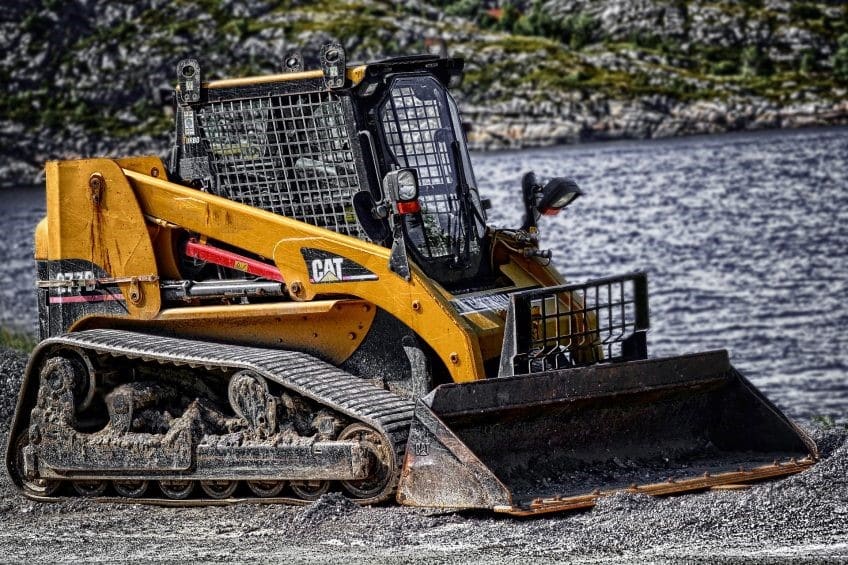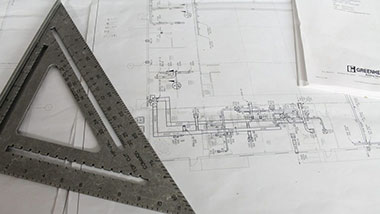Comparative Fault of Wrongful Death Survivor in Florida
Personal InjuryWhat happens when one of the survivors in a wrongful death case bears some degree of fault and there was a settlement?
The answer to this question can be found in Hess v. Hess, 758 So. 2d 1203 (Fla. 4th DCA 2000) in that the probate judge should determine comparative fault among the survivors and assess any survivors with comparative fault against their respective share of a settlement.
Facts Of The Case
In Hess, the parents of a child killed in a car accident were divorced. The child’s mother was driving the child and made an improper left hand turn in front of another vehicle, causing the child’s death (the mother survived the crash). As with many car accident cases, the insurance company for the other driver paid its policy limits to “buy” a release for their insured. Insurance companies will often settle these claims under unique facts of the case so that there are no arguments that the other vehicle was speeding, temporarily activated a turn signal but did not turn, or some other reason that explains why another driver might decide to make a left hand turn.
After this settlement was made, the survivors of the child (the parents) found themselves in probate court to divide up the settlement proceeds. The child’s father requested that he be awarded the entire settlement with nothing going to the mother because he claimed that her negligence was the cause of the crash. On the other hand, the child’s mother requested that intestacy laws be used to divide the settlement funds, resulting in each parent receiving 50% of the settlement proceeds.
This situation was enough to cause the probate case to become “adversarial” and require the judge to hold a trial (not a jury trial) on the issue of comparative fault. Unfortunately for the child’s mother, the probate judge found the mother 100% responsible for the accident and 100% of the settlement proceeds were given to the child’s father.
Legal Analysis
Section 768.20, Fla. Stat. states that:
A defense that would bar or reduce a survivor’s recovery if she or he were the plaintiff may be asserted against the survivor, but shall not affect the recovery of any other survivor.
Further, in Florida, wrongful death settlements can be apportioned between the estate and the survivors. In some instances, a “fair” apportionment under case law has been that the estate should receive nothing from the settlement and that the survivors should receive 100% of the settlement (the apportionment must only e be “reasonable”, see In re Estate of Wiggins, 729 So. 2d 523 (Fla. 4th DCA 1999)).
Therefore, a judge could apportion 100% of the settlement proceeds to the survivors and then find that one survivor was 100% at fault for the accident. For funds apportioned to the estate (if any were apportioned to the estate), then it is likely that the order of distribution under intestacy laws would have prevailed.
When evaluating this scenario, you should keep in mind that any personal injury claim that a decedent has goes away under Florida’s wrongful death statute and becomes a claim of damages for the survivors (minus net accumulations to the estate and final medical expenses). In many wrongful death cases, it makes sense to apportion 100% of the settlement proceeds to the survivors and nothing to the estate to divide up through intestacy.
Getting Help With Your Case
If you lost a lost one in a car accident and there is a dispute between the family members, the lesson learned here is to always approach the issue with sensitivity. When a family member passes away, it is usually a good time to put aside old disagreements and grievances for the benefit of the entire family if you can. A little bit of forgiveness can go a long way. At the end of the day, we should all never forget that all we really have in this life is family.
Regardless, sometimes agreements cannot be reached, even among family, and that’s what the legal system is there for. As lawyers, our jobs are not always to fight every battle to the bitter end. Instead, a lawyer’s job is often to help reach a resolution. If you are in a situation where you need legal help to resolve your personal injury case, you should call a personal injury attorney for professional legal advice under the circumstances. We are personal injury lawyers located in Lakeland, Florida and assist with a variety of personal injury cases including car accidents and medical malpractice.
Reach our to us today for your free consultation.


